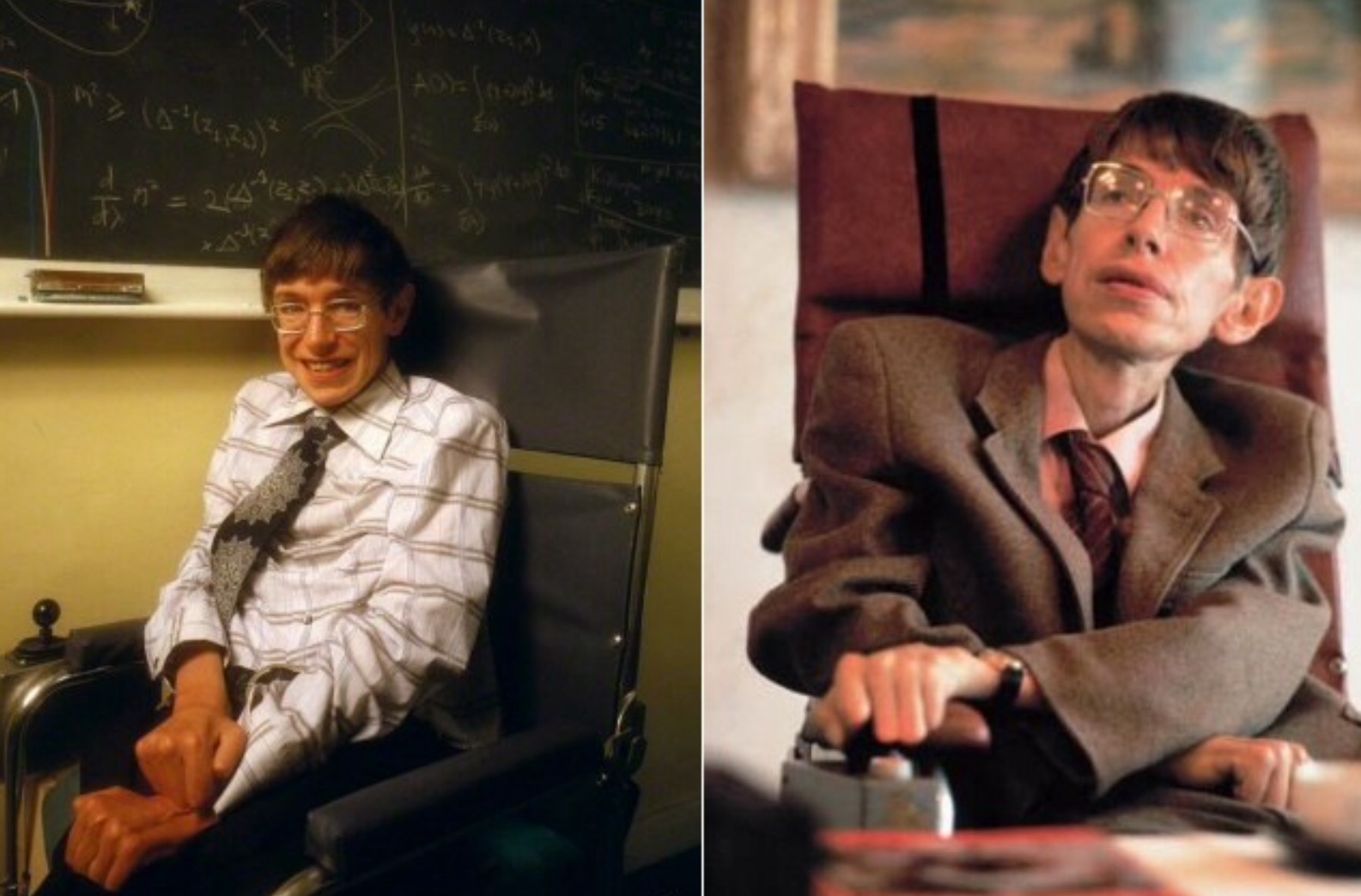It took some persuading for me to agree to give a talk, TED Talk-style, without notes. I was prepared. I did that memory trick of having a journey around the house. I picked seven spaces and had seven themes. This also worked for days of the week.
I practised with mindmaps; if I woke up at night, I would talk my way around the speech until I fell asleep.
It went well.
The talk was on the British West Indies Regiment in the First World War—a bit niche, I know. However, I have always been interested in their experience and that of African Americans in the American Expeditionary Force. The pain and unfair treatment of a person based on the colour of their skin make for interesting history.
My talk came on the day the radio had two big stories: the call for reparations by the ancestors of enslaved people of the British Empire and Israel's strike on Iran, i.e. the Middle East and Palestine. And where does my story reach its climax? An attack over the River Jordan by men from the 1st, then 2nd BWIR in one of their few combat deployments alongside men from New Zealand and West Kent, and a Jewish Battalion while supported by the Punjabi Mounted Artillery. They were led by a New Zealander who, unlike too many of his fellow British Commanders, had no difficulty sending 'coloured men' into battle.
A year later, and in the process of being demobbed, all the BWIR regiments, those who had had military training, 1,2,3 & 4, and those recruited as labour corps 5 to 11, were encamped in Taranto, Italy, under a vile, racist British Commander whose actions incited riot and mutiny. Court Martialled, 47 men were sentenced to between 5 and 20 years of hard labour, the entire BWIR were stripped of guns, and having been returned to Britain, they were shipped back to the Caribbean, missing the July 1919 Victory Parades in London and Paris.
I started my talk pretty much as stated above. My voice was angry. Many black and Asian faces were listening attentively.
I then doubled back and cherry-picked content as it came to mind from the seven stages of the talk:
The British Empire in the early 20th century
The Caribbean in the British Empire as a colony rather than a dominion.
The British Army and its rules
The Outbreak of War
Delays in releasing men from the Caribbean, then recruitment, and travel to Europe
Military Training, first in Seaford, then in Egypt (for BWIR 1&2)
The Military Experience of BWIR 1&2, compared to 3&4
The Labour Corps and Duties in France and Flanders 'King George's Steam Engine'
Demob
Southern Britain again (riots in Winchester)
The Caribbean 1919 to the 1960s with labour movements, political agitation, Pan-Africanism and ultimately, independence
I then took questions. I enjoyed it. I was asked to talk again the next day, asked if I had other local history talks and agreed to give a talk on the billeting of 10,000 men in Lewes in September 1914, and also picking up another subject I have researched and written about ... the winterbourne, its course (and its flora and fauna).
I feel confident that I will prepare in a way that will make many talks possible: nutrition for junior elite athletes, fungi of ancient woodlands, war art and war fiction of the Great War ... cooking with chickpeas! Rewilding your garden, lino cut relief prints, life drawing, coaching age group swimmers. Take your pick. I should be able to talk about teaching online, too. After all, I did an MA in it and have taught online!
